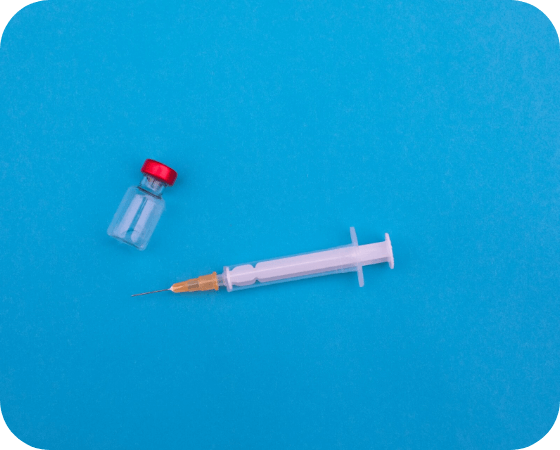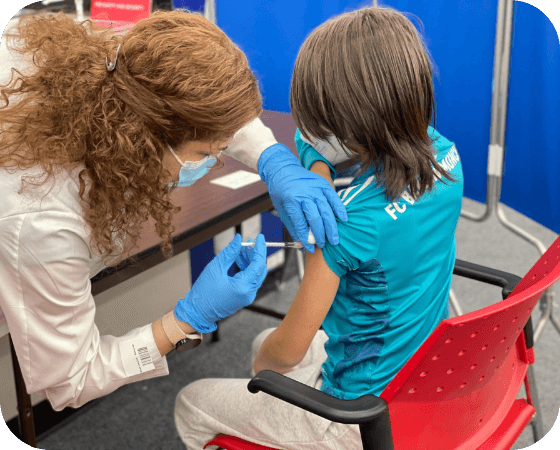Eli Lilly to Cut Price of Insulin
Drugmaker Eli Lilly will reduce prices for its most commonly prescribed insulins by 70%, according to a press release issued by the company on Wednesday. Eli Lilly also announced that it would expand its Insulin Value Program that caps patient out-of-pocket costs at $35 or less per month. The high price of insulin has come under increased scrutiny in recent years, as evident by President Biden’s comments on insulin prices in his most recent State of the Union address. While Congress enacted a $35 monthly cap on insulin prices for Medicare recipients, the new law does not apply to people with diabetes that have commercial insurance coverage. However, the impact of Eli Lilly’s reduced prices appears to be limited. The lower prices will only apply to the drugmaker’s older insulin products, and most people who require insulin use products from other drug manufacturers like Novo Nordisk and Safoni. At the moment, it’s unclear if other insulin manufacturers will follow suit with Eli Lilly.
Colorectal Cancer Rates Among Young People on the Rise
Amid an overall decline in colorectal cancer cases, the number of new colorectal cancer cases among younger Americans is growing, according to a new report from the American Cancer Society. Adults under the age of 55 comprise about 20% of new colorectal cancers, and the report says that the portion of Americans under age 55 has increased from 11% in 1995 to 20% in 2019. Cancer experts say the rise in colorectal cancer cases could be attributed to environmental changes and dietary habits such as high consumption of ultra-processed foods. The report also found that more people are surviving colorectal cancer, with the survival rate at least five years after diagnoses increasing from 50% in the mid-1970s to 65% in 2018.
FDA Panel Endorses RSV Vaccines for Seniors
A Food and Drug Administration (FDA) advisory panel voted this week to recommend respiratory syncytial virus (RSV) vaccines by Pfizer and GlaxoSmithKline (GSK) for adults ages 60 and older. While most of the panel agreed the vaccines are effective, some members were concerned about the vaccines’ relationship with nervous system disorders like Guillain-Barré syndrome. The FDA granted priority review status to both vaccines from Pfizer and GSK, which reduces the approval timeline by four months. The end of the review period is expected to be May 2023 for both shots. There is currently no vaccine for RSV in either adults or children, although vaccine for infants may be available by fall 2023.
Slotkin Announces Bid for Stabenow’s Senate Seat
Rep. Elissa Slotkin (D-MI) announced on Monday that she’s running for the Senate seat being vacated by Sen. Debbie Stabenow (D-MI). Her decision to run for the battleground Senate seat leaves an open House seat in a competitive district that Democrats will have to defend. While Slotkin is the first Democrat to announce her campaign, two Republicans – Michael Hoover and Nikki Snyder – have already declared their candidacy. First elected to Congress in 2018, Slotkin worked as a Central Intelligence Agency analyst before serving as a senior Defense Department official from 2012 to 2014. Within 24 hours of her announcement, Slotkin’s campaign raised $1.2 million.
ICYMI: Lawmakers Prevail over Lobbyists in Congressional Hockey Challenge
Members of Congress triumphed over lobbyists for the fifth consecutive time in the Congressional Hockey Challenge on Wednesday night. Due to the House being out of sessions, Reps. Tom Emmer (R-MN), Dean Phillips (D-MN) were one of the few members of Congress who played for the Lawmakers, as the majority of the team’s roster consisted of current and former congressional aids. The match took place at the MedStar Capitals Iceplex, the Washington Capitals’ practice facility in Arlington. (Zolpidem) Nearly all proceeds from the game are directed towards hockey related organizations like the Professional Women’s Hockey Players Association and the Fort DuPont Ice Hockey Club.





